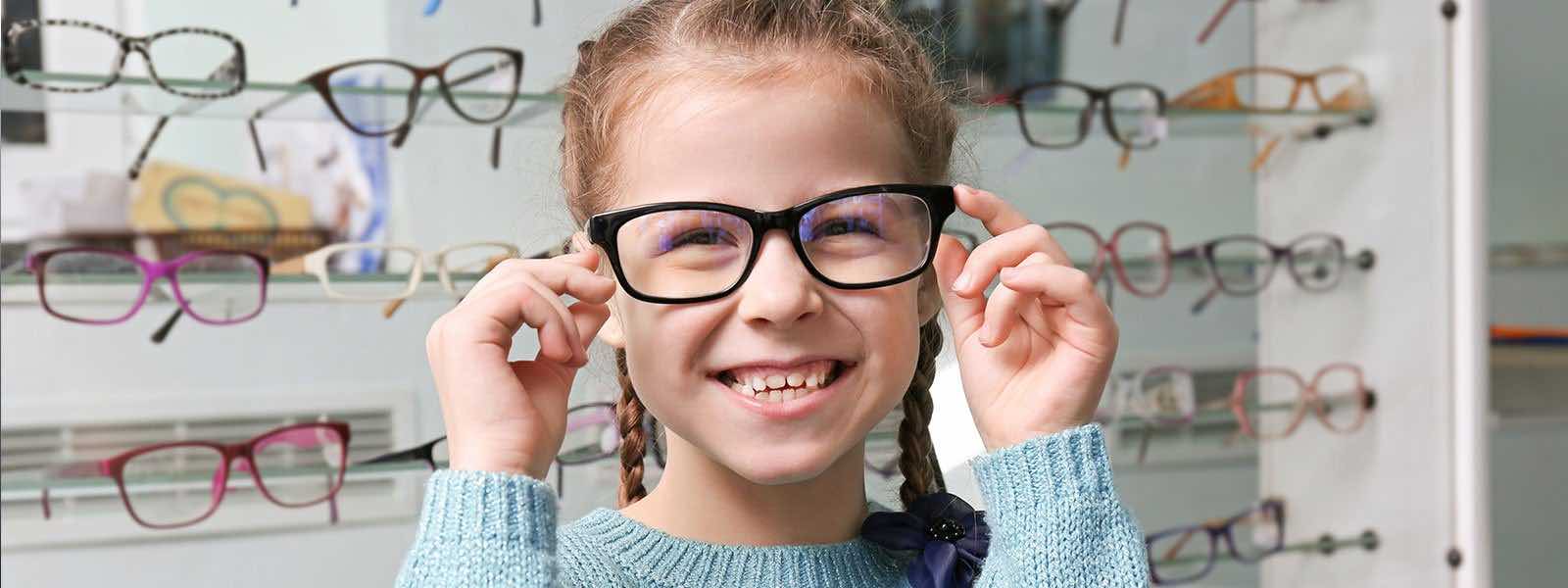Are Medications Causing Dry Eye?

Dry eye is a very common problem. It affects women more than men and becomes more prevalent as people get older. It can present in many ways but typical symptoms include:
- Feeling like there’s something in your eye
- Burning and stinging
- Redness
- Blurred vision
- Dryness.
Excessive tearing is another symptom, although it seems a bit backwards. Because the lack of moisture irritates the eye, your body reacts with a sudden flood of tears. Unfortunately, this flood of tears can wash out other important components of the tear film which are necessary for proper lubrication.
There are several medications which have the potential to worsen the symptoms of Dry Eye. Here are the broad categories and specific medications that have been known to potentially worsen the symptoms of Dry Eye.
Blood Pressure Medications-Beta Blockers such as Atenolol (Tenormin), Diuretics such as Hydrochlorothiazide.
GERD (gastro-esophageal reflux disorder) Medications have been known to increase dry eye symptoms. These medications include Cimetidine (Tagamet), Rantidine (Zantac), Omerprazole (Prilosec), Lansoprazole(Prevacid), Esomeprazole (Nexium).
Antihistamines are more likely to cause dry eye: Diphenhydramine (Benadryl), loratadine (Claritin) Less likely to cause Dry Eye: Cetirizine (Zyrtec), Desloratadine (Clarinex) and Fexofenadine (Allegra). Many OTC decongestants and cold remedies also contain antihistamines and can cause dry eye.
Antidepressants Almost all of the antidepressants, antipsychotic and anti-anxiety drugs have the propensity to worsen the symptoms of dry eye.
Acne Medication especially Oral Isotretinoin
Hormone Replacement Therapy specifically the estrogen in HRT has been implicated in rry eye.
Parkinson’s Medication Levodopa/Carbidopa (Synamet), Benztropine (Cogentin), Procyclidine (Kemadrin)
Eye Drops In addition to oral medications many eye drops can actually increase the symptoms of dry eye especially drops with the preservative BAK.
If you are suffering from dry eye and are using any of the medications above you should discuss with your Ophthalmologist and Medical Doctor. Don’t stop these medications on your own without consulting your doctors.


